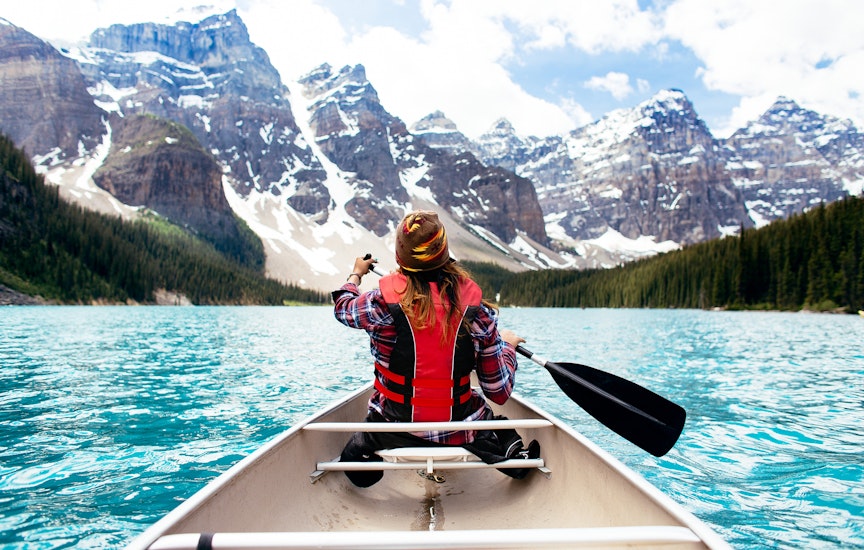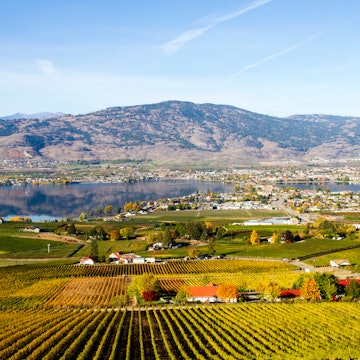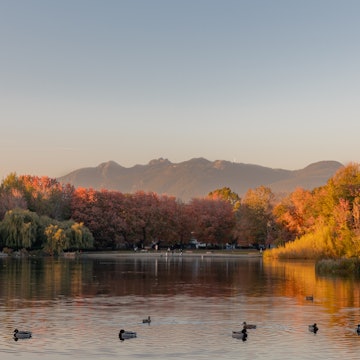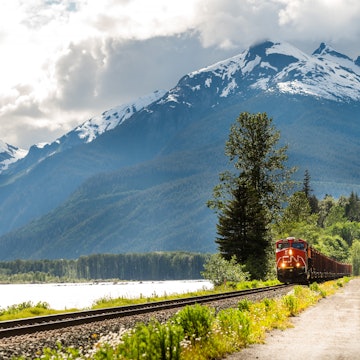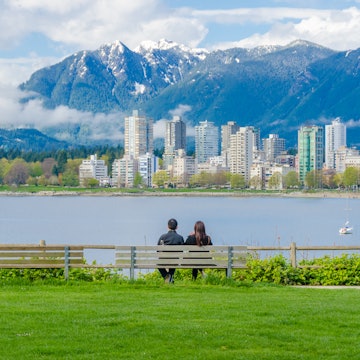
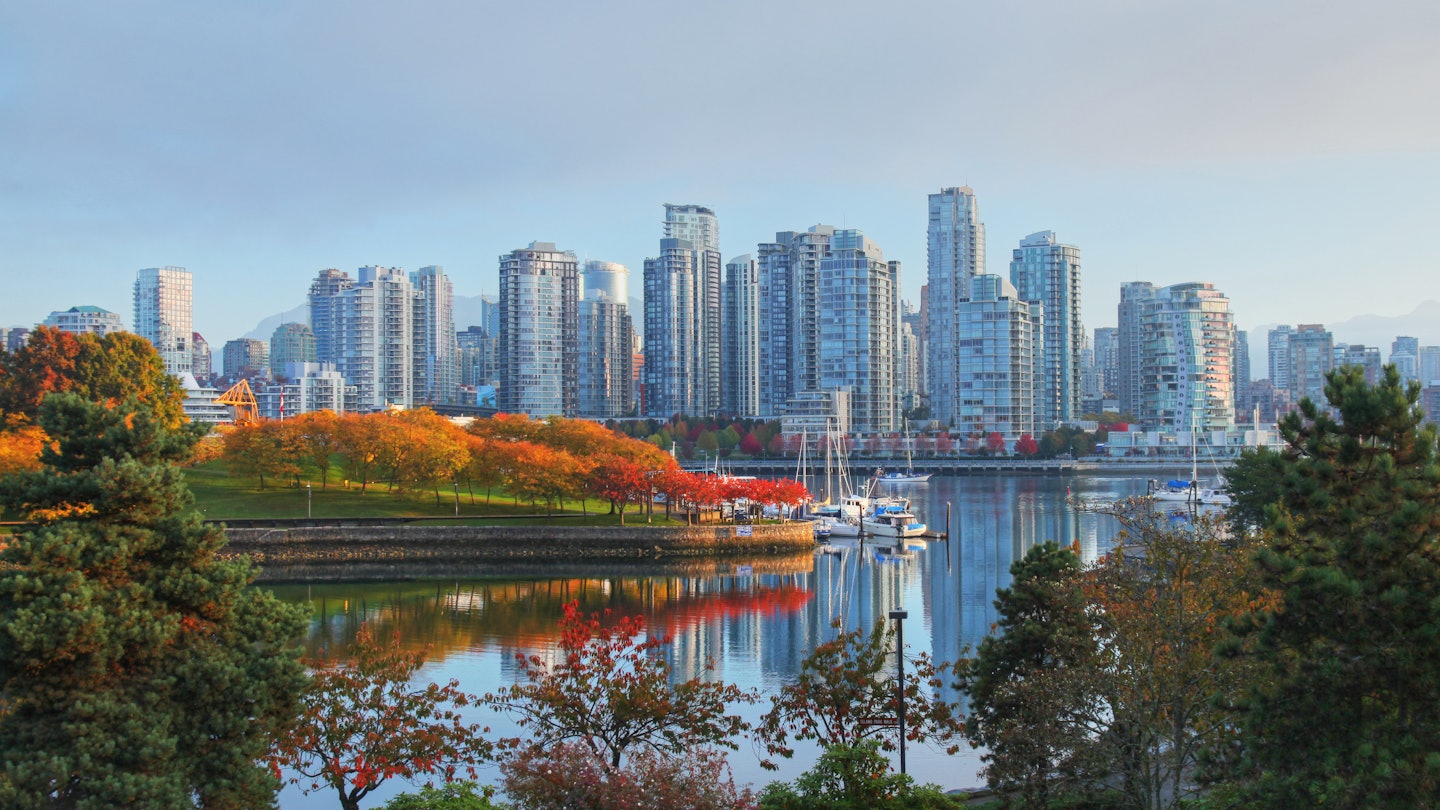
Here are the best things to do in Vancouver. Dan Breckwoldt/Shutterstock
As a born-and-raised Vancouverite, I can honestly say that Vancouver is my favorite city in the world. There are few other places where in one day, you can walk along a sandy beach, bike through forest trails, hit high-end shops, and then head up a local mountain to ski a few runs before night falls.
While Vancouver is often dubbed “Raincouver”, it also has the mildest climate in Canada. Vancouver is said to have heaps of hipsters and health nuts, but with so many diverse neighborhoods packed with quirky cafes and microbreweries, and nature all around, that’s not such a bad thing. And yes, Vancouverites can be overly polite and apologetic compared to other cities (you may hear “sorry” one too many times), but the friendliness just adds to the city’s charm.
If you’re planning a visit to Vancouver, here’s what you should know, according to a local.
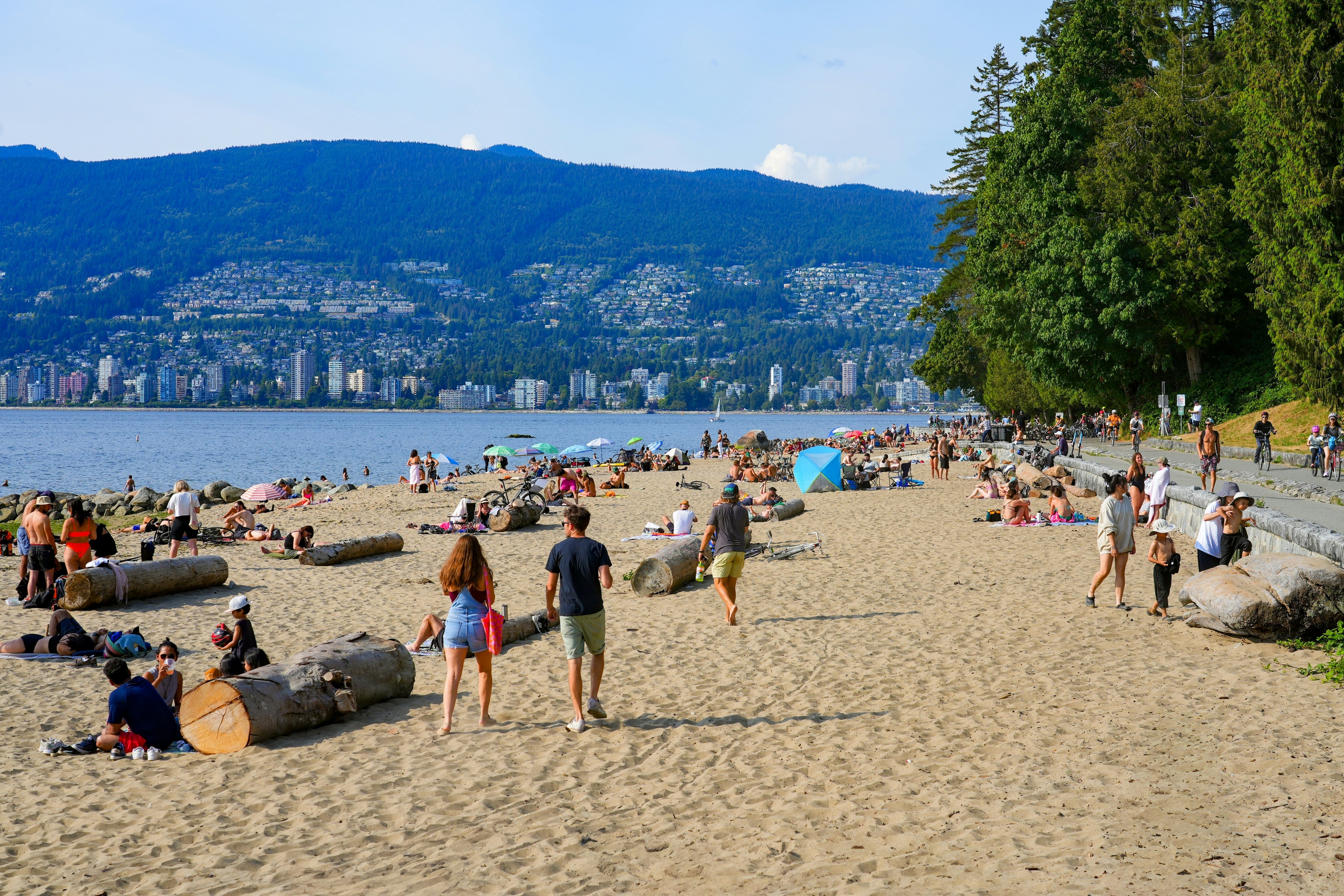
1. The airport isn’t technically in Vancouver
Despite its name, Vancouver International Airport (YVR) is actually located in Richmond, a city about 40 minutes by car from downtown Vancouver. If you’re not renting a car, don’t worry, taxis, ride-sharing services and public transit are all great options to get you into town.
Planning tip: Before passing through, consider an overnight stay in Richmond to sample some of the world’s best Asian cuisine, including the self-guided Dumpling Trail tasting tour. In summer, check out the Richmond Night Market–the largest in North America.
2. Indigenous culture is important
The city we now know as Vancouver sits on the unceded, traditional territories of the xʷməθkʷəy̓əm (Musqueam), Sḵwx̱wú7mesh (Squamish), and səlilwətaɬ (Tsleil-Waututh) Nations. You will often hear a land acknowledgement at major events in the city as a way to show respect for the land and its original inhabitants. Through the city’s immersive Indigenous tourism offerings, such as guided nature tours, cultural centers and galleries, and culinary experiences, you can connect with the people who first called this land home, a must during your stay.

3. Book your stay well in advance
Hotels and restaurants book up quickly here, especially during the summer months (July and August). With lots of conferences, concerts and global events hosted in the city, it can often be a challenge to find a room without ample notice. Vancouver also has an amazing food scene, but it’s no secret. Be sure to book your tables in advance.
4. Stick to the trails and be prepared when hiking
Hiking is big here, with more than 200 hiking routes spread throughout the city. Vancouver alone has close to 50 walking trails, and Vancouver’s North Shore offers hundreds of hiking trails for all skill levels. With this in mind, it’s important to be prepared before you hit the trails. Be sure to check trail conditions, layer your clothing, pack the essentials (navigation tools, snacks and water, first aid kit, flashlight) and wear comfortable footwear. Watch out for wildlife too, as Vancouver (especially the local mountains) is home to a host of critters, from raccoons and Canada geese (unlike Canadians, these are not friendly), to coyotes, black bears and sometimes cougars.

5. Prepare for rain not snow
It’s no secret that Vancouver has a reputation for rain, but it’s not the rainiest city in Canada. Still, you’ll want to be ready for rainfall, especially between October and March. Unlike other parts of Canada, Vancouver receives little snow. If snowfall does occur, it usually happens between December and February, so pack accordingly. And if hitting the slopes is on your list, Vancouver’s local mountains (Cypress, Grouse and Mount Seymour) have a longer stretch of the white stuff. Check weather conditions before you go.
6. Tipping is typical
Tipping in Vancouver is generally similar to most North American cities. Typically, customers pay 15-20% of the total bill (before taxes), even if the service isn’t up to par (it’s very rare to leave nothing). For larger groups (8+ people), some restaurants will add an automatic gratuity to the bill (usually around 18%), so be sure to check the total before you tip.
7. Legal drinking age is 19
Vancouver has an incredibly robust craft beer scene with more than 70 breweries found throughout town. The city is also home to an urban winery and some world-renowned cocktail bars. That being said, the nightlife scene is limited here, with earlier bar closing times than bigger cities (typically 2-3am, and some as early as 1am). The nightclubs are clustered in pockets of downtown, found mostly along Granville Street, in Vancouver’s West End neighborhood. Generally, Vancouver has a more laid-back vibe when darkness falls.
8. Leave no trace
Vancouver is a green city in every sense. Locals are environmentally conscious, recycling, composting and reducing waste wherever possible. The parks and public spaces are well maintained, and both locals and visitors are encouraged to do their part to keep things clean. Littering is illegal here and subject to fines (ranging from $250-$10,000). When hiking the trails, be sure to leave nothing behind.
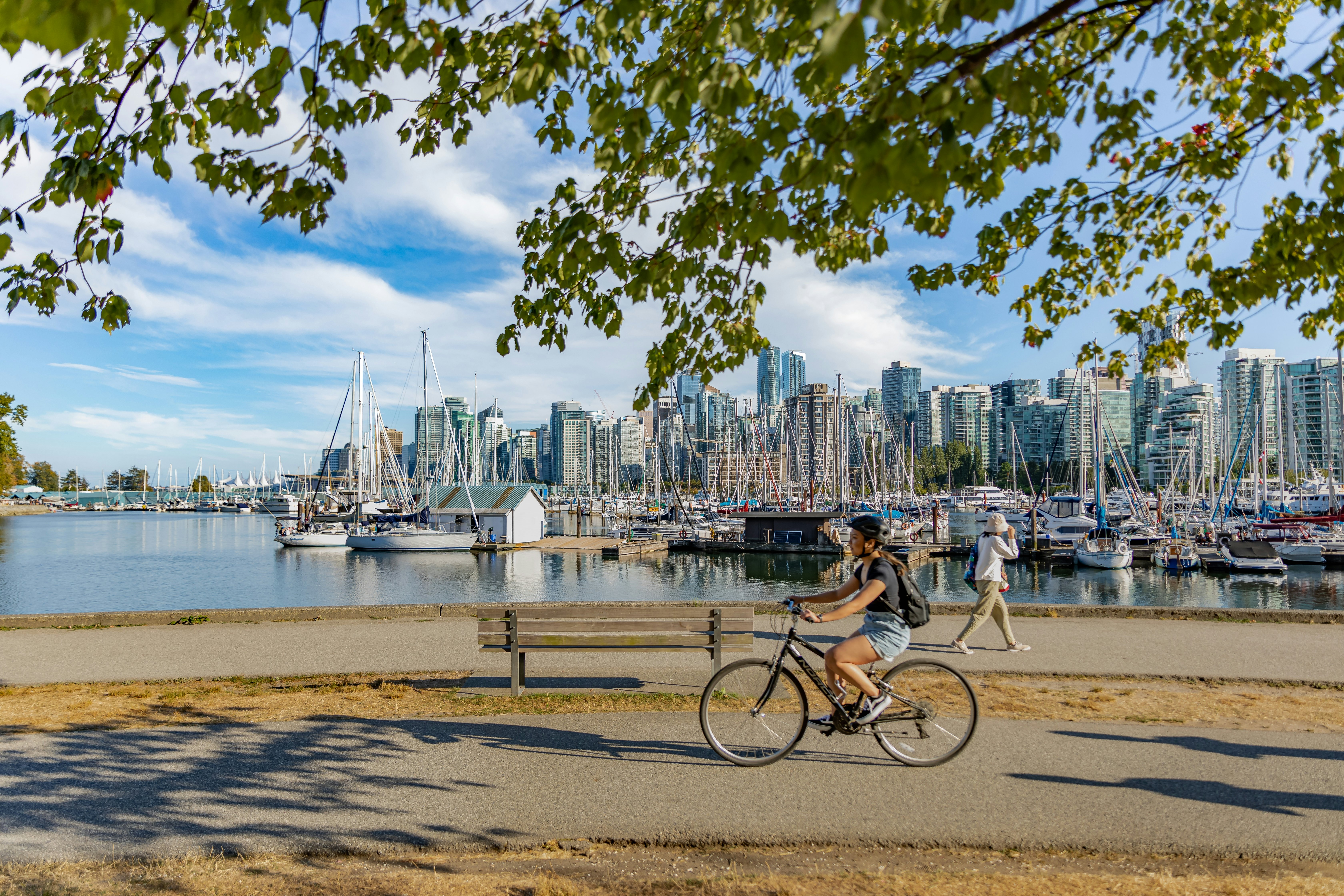
9. Be polite (please and thank you)
Like Canadians in general, Vancouver locals are generally friendly and welcoming. You’ll see it in everyday interactions, with lots of “please”, “thank you” and even unnecessary apologies (you’ll hear “sorry” a lot, even when unnecessary). Drivers will sometimes slow down to let others in, or wait patiently for pedestrians to cross the street. People will often hold the door for you at shops and restaurants. As a visitor, friendliness is encouraged and reciprocated.
10. Consider diverting your route from the Downtown Eastside (DTES)
Vancouver’s Downtown Eastside (DTES) neighborhood (primarily East Hastings at Main Street) is a community in need. While it’s generally safe to pass through, many visitors can find it unsettling. The area reflects Vancouver’s deep-rooted social challenges, including poverty, addiction and mental health issues. Though it may seem confronting, the DTES is also a place of resilience, with strong local support networks, harm reduction programs and community organizations working to help those in need. Visitors are encouraged to approach with empathy and understanding, but may want to avoid wandering along certain streets, especially at night.






